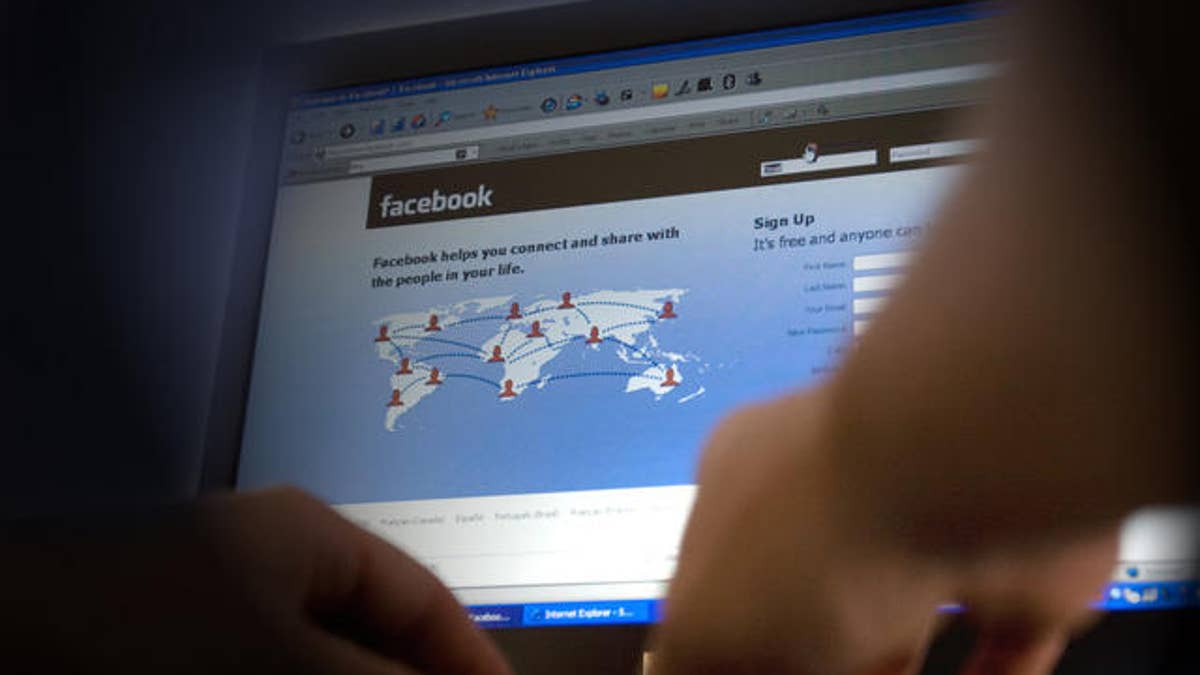
(AP)
As technology becomes increasingly affordable and Wi-Fi more widely available throughout Latin America, the social ills of social media have begun to plague those south of the border – just as they do here in the United States.
A study by Royal Pingdom used Google search statistics to compile data on which social networks are most popular throughout the world. Keeping in mind that many users go directly to the website, the study showed that interest in Facebook is highest in Latin America and the Mediterranean.
According to Royal Pingdom, countries with the highest interest in Twitter included Venezuela, followed by Brazil, Indonesia, Turkey and El Salvador.
Many of the Salvadorans that I have met that use social media do border on addiction. Although … the behavior is not much different from what I have observed in the States.
While record high numbers of users on platforms such as Twitter and Facebook mean that the media can more effectively cover events such as natural disasters, and aid can be sent to where it's needed, increased use of cellular phones and other devices to access social media isn't all good news.
For all the lives saved, use of social media can also cost lives. In August of this year, when Mexican residents inaccurately tweeted that narcos were kidnapping children from schools, panicked parents raced to the schools, resulting in 26 car accidents.
Obviously, car accidents due to misinformed tweets are uncommon, but the distraction that cell phones present to drivers on a daily basis has become the No. 1 cause of preventable collisions – many of them deadly.
At Prepa Tec Eugenio Garza Sada, a technology school in Monterrey, Mexico, students have been wearing rings that say, "Textear mata" – ("texting kills"), to remind them to keep their hands off their phones while driving.
Living in the United States, I see it all the time – people distracted by their cell phones. This past year a woman even fell onto the Metrorails in Washington, D.C. while texting. Luckily, she was unhurt.
Despite being accustomed to seeing the over-use of cell phones here, when I went to El Salvador this past summer, it surprised me to see how popular cell phones and other devices had become for the average citizen to access the Internet.
Most Salvadoran companies have readily jumped on the bandwagon, inviting customers to "like" their Facebook page and tweeting discounts on Twitter.
During our trip, I spent a great deal of time with the teenage son of one of our friends, who often pulled his Sony PSP from his pocket to see if he was in an area where Wi-Fi would give him access to Facebook.
He's a friendly, curious and knowledgeable kid with a passion for American music, Adidas- branded clothing and skateboarding. After spending several days showing us around San Salvador with his father, I asked him if he was getting bored and if he missed hanging out with his school friends.
"My friends and I don't hang out much," he said, "We like to use Facebook. When we get together, we hardly talk – we just sit around posting updates to each other's walls."
I wondered if Salvadorans and other Latin Americans were headed down the path to addiction, so I asked my Salvadoran friend, Angel Magaña, (who I happened to meet on Twitter), what he thought.
"Many of the Salvadorans that I have met that use social media do border on addiction," he agreed. Although, he added, " … the behavior is not much different from what I have observed in the States."
Tracy López is a bilingual writer living outside the DC Metro area and the founder of Latinaish.com.
Follow us on twitter.com/foxnewslatino
Like us at facebook.com/foxnewslatino
